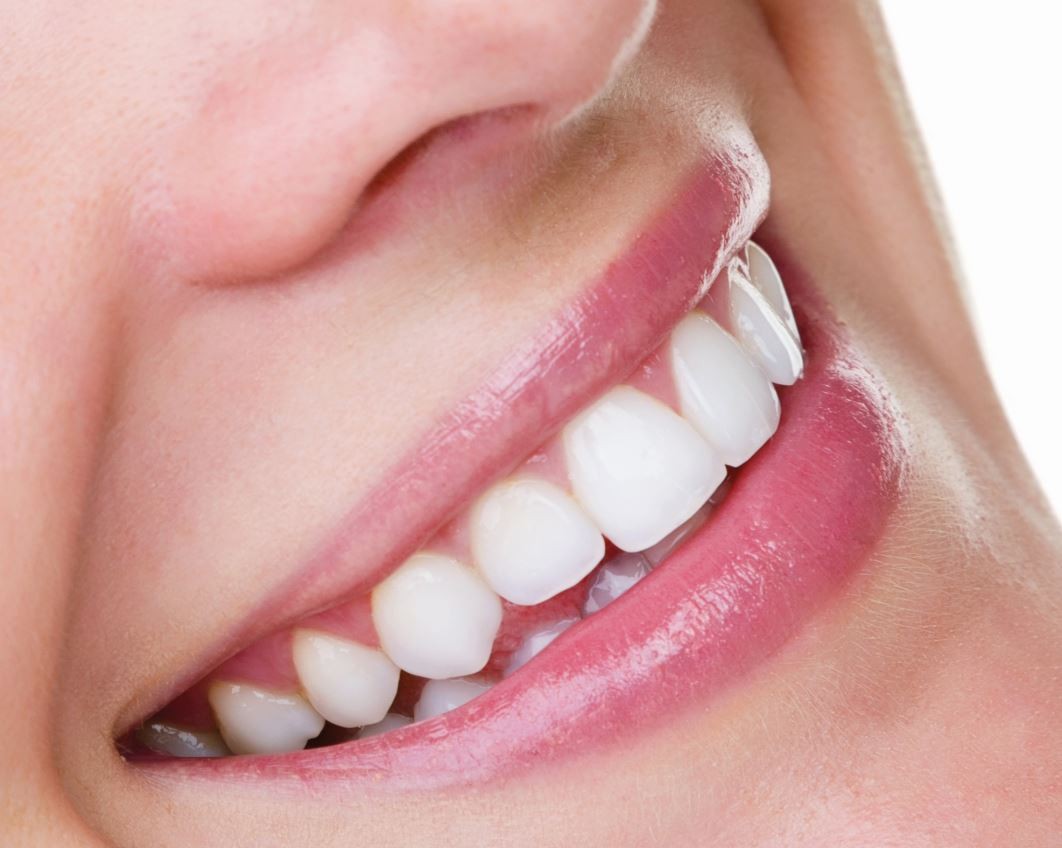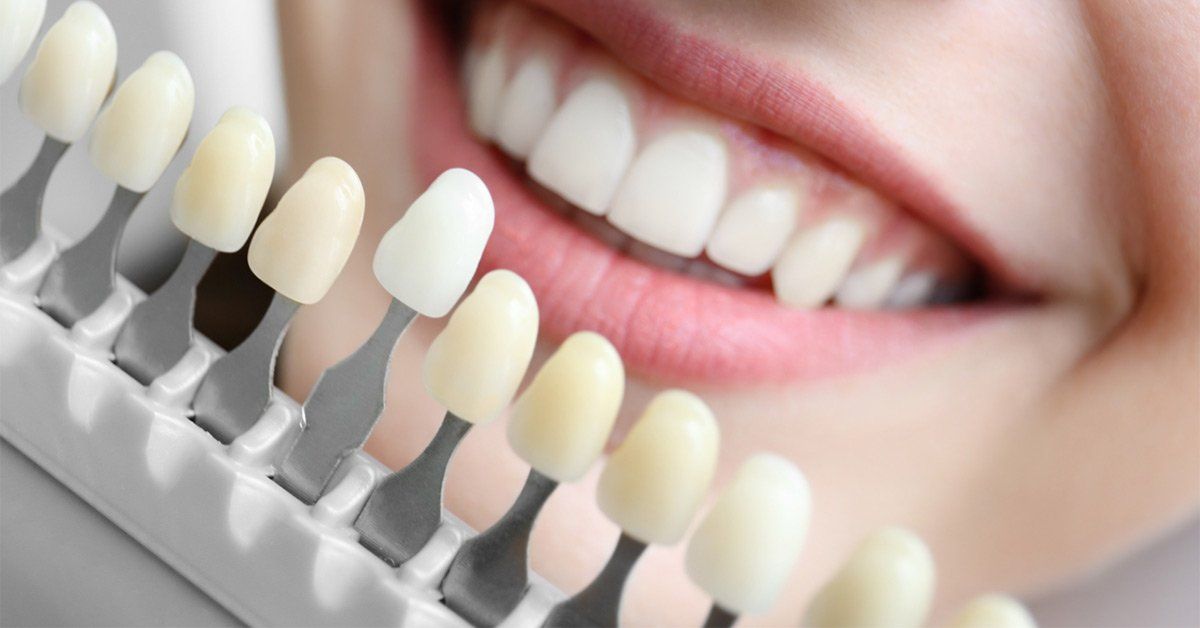
It’s understandable to want a beautiful smile, but at-home teeth whitening can put people in danger of many conditions. Most dental professionals and associations like SEDA dental recommend getting any whitening procedures done through the care of an oral care specialist. From ingredients to improper application, the reasons are many for avoiding at-home products. Learn these important details before making the mistake of trying one.
Table of Contents
Changing Appearance
Teeth should look clean, clear, and easy to spot. When someone continues to use whitening products, they begin to take away those aspects that make teeth identifiable. Over time, it can even lead to the teeth losing all of the essential elements. When this happens, there is no going back and the only available options could be pulling teeth for dentures or implants. Before it gets out of hand, people are encouraged to take a step back from their treatments if they have started, or avoid a purchase altogether without the guidance of a dental care professional. These specialists can help people make the right choices, many starting with a professional cleaning and exam at a clinic or office.
Weakness
Many teeth whitening products rely on peroxide to help it achieve a whitening effect, but the amounts and instructions can lead people to improper use. One of the biggest side effects associated with this type of ingredient is weakening the enamel that helps protect teeth. When someone puts on more than intended or tries to overdo the treatments, it can expedite the negative results. What could be left is open for decay as well as breaking or chipping more easily. Once that happens, the possible treatments mean more expensive dental care that requires more in-office time than any professional whitening treatment would have needed.

Inflamed Gums
Gum disease is in and of itself a big problem for patients, but there is more than disease to worry about when whitening treatments are involved. The harsh chemicals that over the counter whitening treatments use often irritate gums, even when used as recommended. If someone suffers from any previous gum or tooth conditions, the level of irritation can become even worse with redness as well as swelling included.
Damaged Dental Work
Dental work is made to hold up to standard use, but whitening is far from a part of the approved items that should come in contact with any of these solutions. Veneers are some of the most vulnerable from this category as the ingredients take away the enamel and materials that make up each covering. More than that, they should never have any whitening products applied to them. If someone is worried or in search of answers, always contact a dentist before applying these products or home remedies to any dental work.
At-home whitening can cause a myriad of problems that require the care of a dentist or specialist in the field of oral care. While some mistakes have a chance to be fixed, others could be permanent in nature. Before trying anything that could alter or change teeth, talk to a dentist about other choices that might just save time, money, and teeth.






